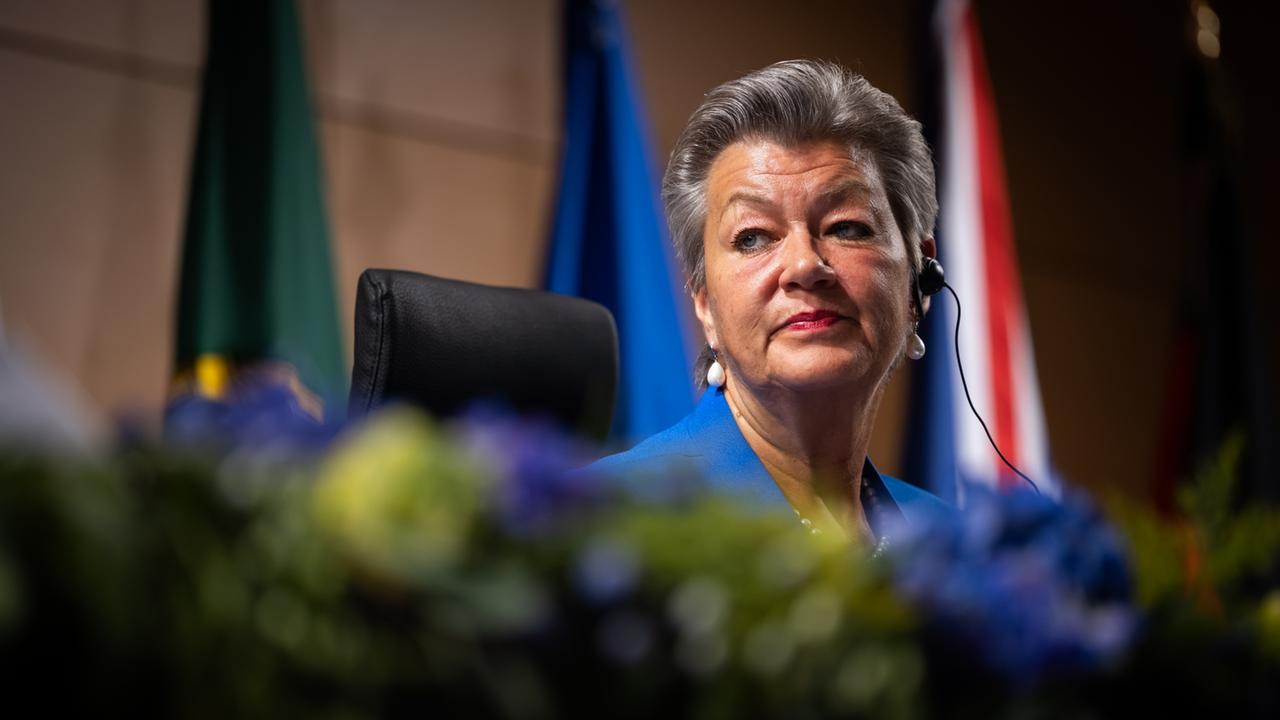In the future, Russians and Belarusians will be able to apply for Hungarian visas more easily in order to work there. EU Home Affairs Commissioner Johansson criticizes Hungary's decision. She warns of security risks for the EU and possible espionage.
EU Home Affairs Commissioner Ylva Johansson has expressed concerns about new Hungarian special rules for guest workers from Russia and Belarus. She shares the concerns expressed in recent days, she wrote in a letter to the Hungarian Interior Minister, which she published on the X platform.
“Russia is a security threat,” she wrote. “We need more, not less, vigilance. Allowing potential Russian spies and saboteurs easy access to the EU would undermine the security of us all.”
It must be ensured that “Russian nationals who may be engaging in espionage or pose other security threats are subjected to rigorous scrutiny.” The special regulation threatens to mean that the Schengen area will no longer be protected. Johansson called on the Hungarian government to explain itself. If the Hungarian approach poses a risk, “we will act.”
Fast visas now also for Russians and Belarusians
At the beginning of July, Hungary's Prime Minister Viktor Orban signed a decree extending the fast-track visa procedure to eight countries, including Russia and Belarus. Citizens of these countries can now apply for so-called national cards in order to be able to work in Hungary. Previously, these cards were only available to Ukrainian and Serbian citizens.
According to the regulation, guest workers can come for two years and then extend their stay for three years at a time as often as they want. They can work in whatever profession they want. To benefit from the regulation, they must prove that they have a job, accommodation and health insurance in Hungary.
Previously, criticism from EUParliamentarians
The special rule has already caused outrage in the EU. At the beginning of the week, the conservatives in the EU Parliament expressed concerns about a possible espionage risk. The regulation could create “serious loopholes for espionage activities,” said a letter from the chairman of the European People's Party (EPP), Manfred Weber, to EU Council President Charles Michel. It would also make it easier for Russians “to move around the EU's borderless Schengen area.”
Relations between the EU and Hungary have long been strained. Orban is the only EU head of government who has maintained close relations with the Kremlin since the Russian invasion of Ukraine in February 2022. An uncoordinated trip by the Hungarian head of government to Moscow in early July also sparked massive criticism.




